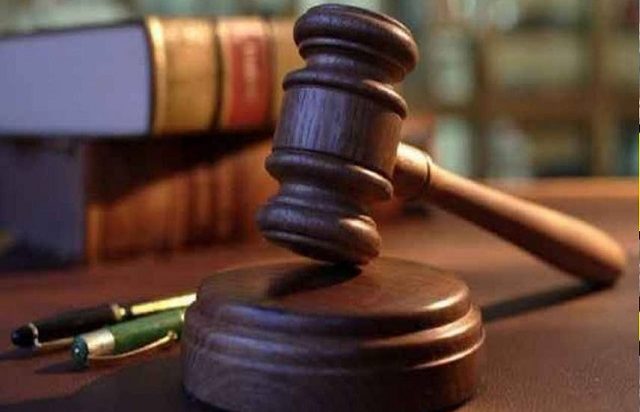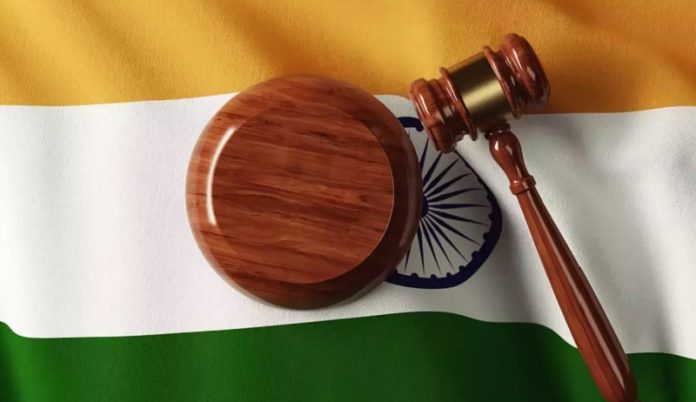- The freedom of expression in our country is not only much debated by concerned stakeholders but also subjected to extreme scrutiny time and again by the judiciary at all levels interpreting the real meaning of the same. The police, always keen to obsequiously follow the diktat of the political masters, often end up misusing the available laws by falsely booking the case under the pretext of promoting enmity between different groups on the ground of religion. There are several cases reported during the last few years on similar grounds. An interesting tidbit emerged recently when a Delhi court’s four-page bail order regarding free speech was delivered.

PC: UNOWAS
- As reported by newspapers, the bail order should become mandatory reading for police and judicial officers everywhere, especially given these fraught times. A little background story on the matter would be appropriate here. As you must be aware, Ratan Lal, an associate professor of history at Delhi University’s Hindu College was arrested last Friday night for a Facebook post on the Gyanvapi mosque controversy. Another instance of freedom of speech case coming to the fore. While quickly freeing Ratan Lal, chief metropolitan magistrate Siddhartha Malik gave a fine lesson in what free speech means. Let’s look into what the learned judge mentioned.
- That another person’s view may offend you doesn’t mean that person has committed an offense, and democracy is nothing without a wide diversity of opinion. Extraordinarily, Lal was booked under IPC Section 153A (promoting enmity between different groups on the ground of religion) on a complaint lodged by a local lawyer. Judge Malik noted that with over 130 crore Indians, any issue can have 130 crore different views and that feelings of hurt nursed by an individual cannot be equated with targeting an entire group or community. Significantly, given how the police use these laws, he said determining the presence of an intention to create animosity by words is a subjective exercise, and perceptions of those who read these words are subjective, too.

PC: HEMANT SINGH
- Delving further, he personally found Lal’s post distasteful and unnecessary as a proud follower of the Hindu religion, but others may agree with the professor, and still, others may have varying degrees of disagreement. Where’s the criminal offence in any of this? Unfortunately, cops are not making these distinctions, and seem all too willing to create a crime where none exists. As mentioned above, the motivation is to please political masters. While a citizen’s right to report a crime is sacrosanct, the police’s job is to do due diligence. The lack of that is effectively making these laws tools of denunciation for partisans against political, and even personal, enemies.
- Right on the button, the magistrate said that courts have to adopt higher standards before jailing citizens. It’s pertinent to note that 153A has seen a sharp rise in its use as a blunt instrument. Against 861 cases for investigation in 2015, there were 3026 cases by 2020. Pendency at the police end spiked from 57% in 2015 to 64% in 2020. Courts completed 66 trials in 2015 with a low 13% conviction rate. Comparative figures for 2020 were 186 completed trials and 20% conviction. Such a dismal record demands police officers exercising for greater circumspection before filing cases, and if they don’t, judicial officers ensure the bails are granted without delay.






